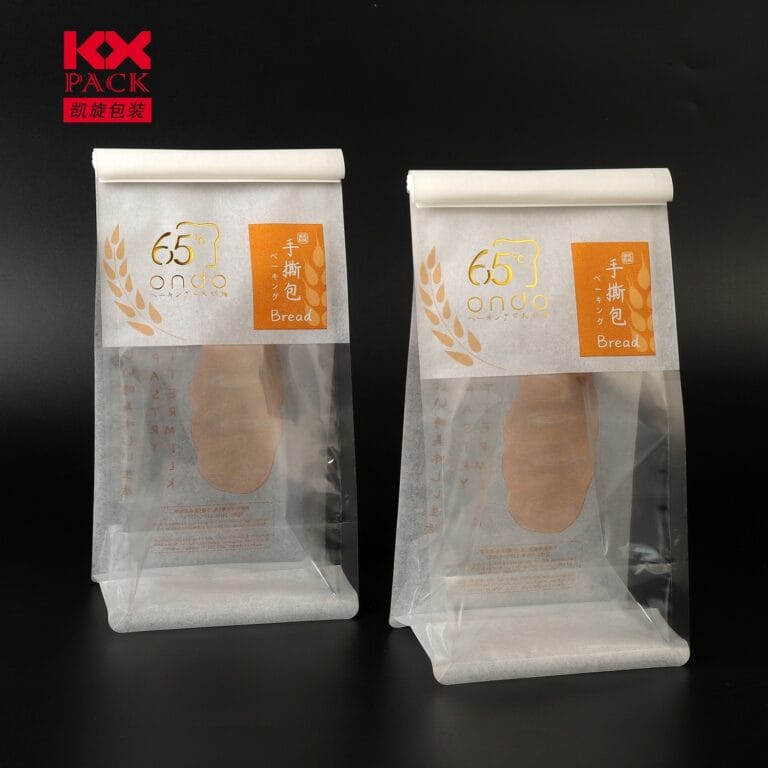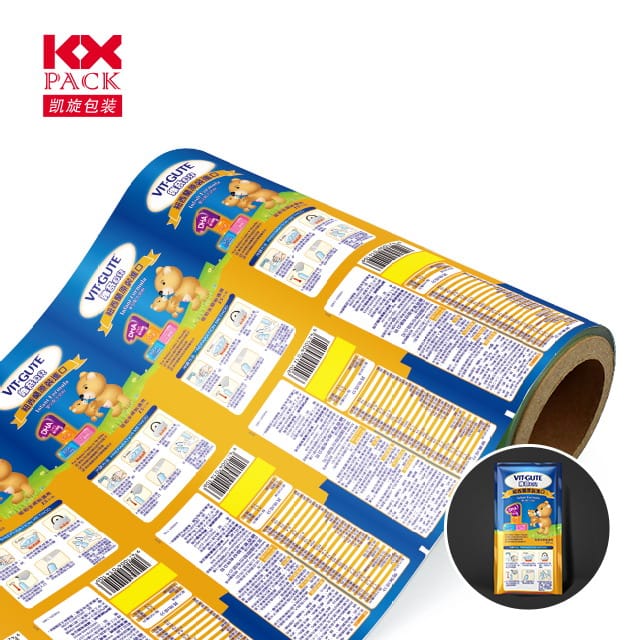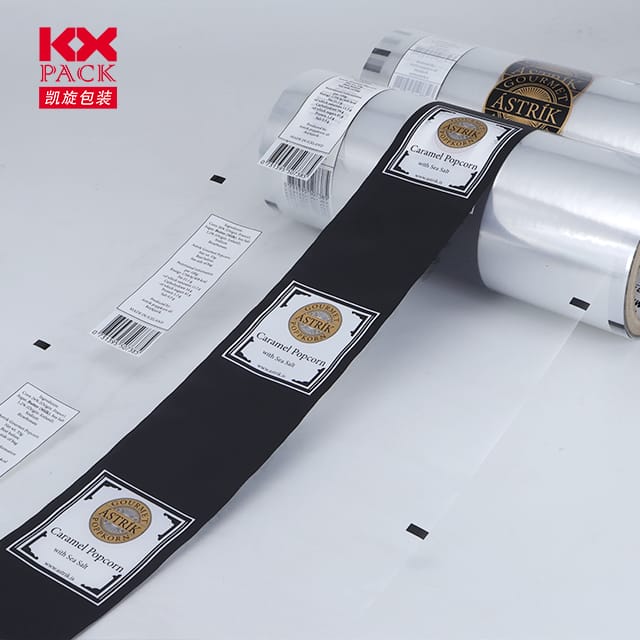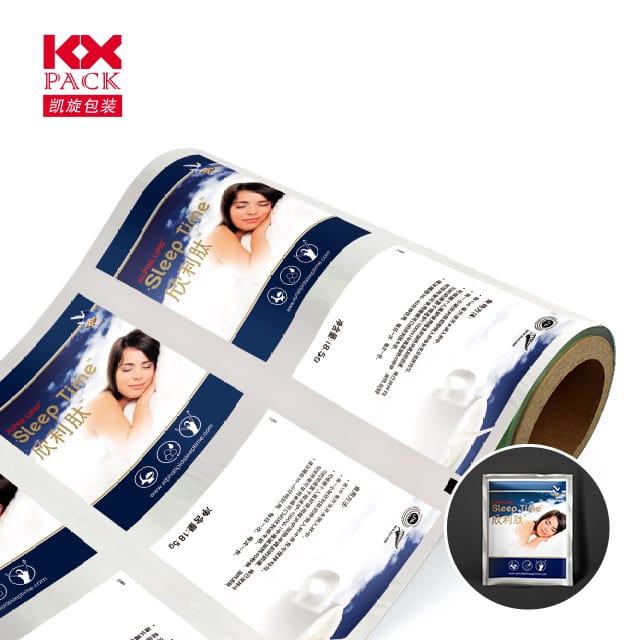A rugalmas műanyag filmcsomagolás fejlődése és hatása a modern iparágakban
Rugalmas műanyag filmcsomagolás
Az elmúlt években, A rugalmas műanyag filmcsomagolás a modern csomagolási megoldások sarokkövévé vált, Az iparágak forradalmasítása az élelmiszerektől és italoktól a gyógyszerekig és a fogyasztási cikkekig. Könnyű, sokoldalú, és a költséghatékony természet nélkülözhetetlenné tette, De a növekvő prevalenciája kritikus kérdéseket vet fel a fenntarthatósággal és a környezeti felelősséggel kapcsolatban. Fedezzük fel a rugalmas műanyagfólia-csomagolás térnyerését, előnyeit, kihívások, és a jövőjét alakító innovációk.
Mi az a rugalmas műanyag fólia csomagolás?
A rugalmas műanyag fólia csomagolás vékonyra utal, polimerekből, például polietilénből készült hajlékony lapok (PE), polipropilén (PP), poliészter (HÁZI KEDVENC), vagy biológiailag lebomló alternatívák, mint a PLA (polilaktinsav). Ezeket a fóliákat tasakok készítésére használják, táskák, pakolások, és bélések, amelyek védik a termékeket a nedvességtől, oxigén, fény, és szennyeződés. Ellentétben a merev csomagolással (PÉLDÁUL., üveg vagy fém), a rugalmas fóliák egyedi formára formázhatók, csökkenti az anyaghulladékot, és lehetővé teszi a hatékony tárolást és szállítást.
Miért olyan népszerű?
- Sokoldalúság: A rugalmas fóliák különféle termékekhez alkalmazkodnak, a friss termékektől és rágcsálnivalóktól a kozmetikumokig és az orvosi kellékekig. Élénk grafikával nyomtathatók, a márka láthatóságának növelése.
- Költséghatékonyság: A rugalmas fóliák gyártása kevesebb energiát és nyersanyagot igényel, mint a merev alternatívák, a termelési költségek csökkentése.
- Meghosszabbított eltarthatósági idő: Többrétegű fóliák záró tulajdonságokkal (PÉLDÁUL., oxigénfogók) megőrzi a frissességet, élelmiszer-pazarlás csökkentése.
- Kényelem: Visszazárható cipzárak, kifolyók, és az easy letéphető funkciók javítják a felhasználói élményt, különösen az útközbeni fogyasztásban.
Környezeti kihívások
Annak előnyei ellenére, a rugalmas műanyag fólia csomagolás környezeti hatásait vizsgálják:
- Biológiailag nem lebonthatóság: A legtöbb film fosszilis tüzelőanyagokból származik, és évszázadokig a hulladéklerakókban marad.
- Újrahasznosítási akadályok: Vékony, a többrétegű szerkezetek gyakran nem kompatibilisek a hagyományos újrahasznosítási rendszerekkel, alacsony újrahasznosítási arányhoz vezet (csak 5-10%-ra becsülik világszerte).
- Mikroplasztikus szennyezés: A szakszerűtlen ártalmatlanítás a filmeket mikroműanyaggá törheti, szennyezi az ökoszisztémákat.
Innovációk, amelyek a fenntarthatóságot ösztönzik
Az iparág úttörő megoldásokkal válaszol a környezeti ártalmak mérséklésére:
- Biológiailag lebontható és komposztálható filmek: Olyan anyagok, mint a PLA (kukoricakeményítőből készült) és PHA (polihidroxi-alkanoátok) meghatározott körülmények között természetesen lebomlanak.
- Fejlett újrahasznosítási technológiák: A vegyi újrahasznosítási folyamatok a kevert műanyaghulladékot újrafelhasználható alapanyaggá alakíthatják, lehetővé teszi a körkörös gazdaság modelljeit.
- Mono-Material Designs: A többrétegű fóliák egypolimer szerkezetekkel való helyettesítése javítja az újrahasznosíthatóságot a teljesítmény feláldozása nélkül.
- Újrafelhasználható csomagolási rendszerek: A márkák újratölthető tasakokkal és visszavételi programokkal kísérleteznek, hogy csökkentsék az egyszer használatos hulladék mennyiségét.
A rugalmas csomagolás jövője
Ahogy nő a fogyasztói igény a környezetbarát lehetőségek iránt, a gyártók innovációs nyomással szembesülnek. A kormányok olyan szabályozásokkal is beavatkoznak, mint a kiterjesztett gyártói felelősség (HAJTÓMŰ NYOMÁSVISZONYA) törvényeket, amelyek felelősségre vonják a cégeket a csomagolási hulladékért.
A fenntartható jövő kulcsa a funkcionalitás és a környezetvédelem közötti egyensúly megteremtésében rejlik. Biológiailag lebomló anyagokba való befektetéssel, méretezhető újrahasznosítási infrastruktúra, és fogyasztói oktatás, az iparág a rugalmas műanyagfólia-csomagolást olyan megoldássá alakíthatja, amely mind a vállalkozások, mind a bolygó számára előnyös.
Következtetés
A rugalmas műanyag fólia csomagolás az emberi találékonyság bizonyítéka, páratlan kényelmet és hatékonyságot kínál. azonban, környezeti lábnyoma sürgős intézkedést igényel. Az újítók együttműködése révén, politikai döntéshozók, és a fogyasztók, biztosíthatjuk, hogy ez a sokoldalú anyag a fenntartható csomagolás sarokkövévé fejlődjön – bizonyítva, hogy a haladás és a felelősség kéz a kézben járhat.
Mi a véleménye a rugalmas műanyag fólia csomagolásról?? Ossza meg ötleteit az alábbi megjegyzésekben!
Kulcsszavak: rugalmas műanyag fólia csomagolás, fenntartható csomagolás, biológiailag lebomló fóliák, újrahasznosítási innováció, kör alakú gazdaság







